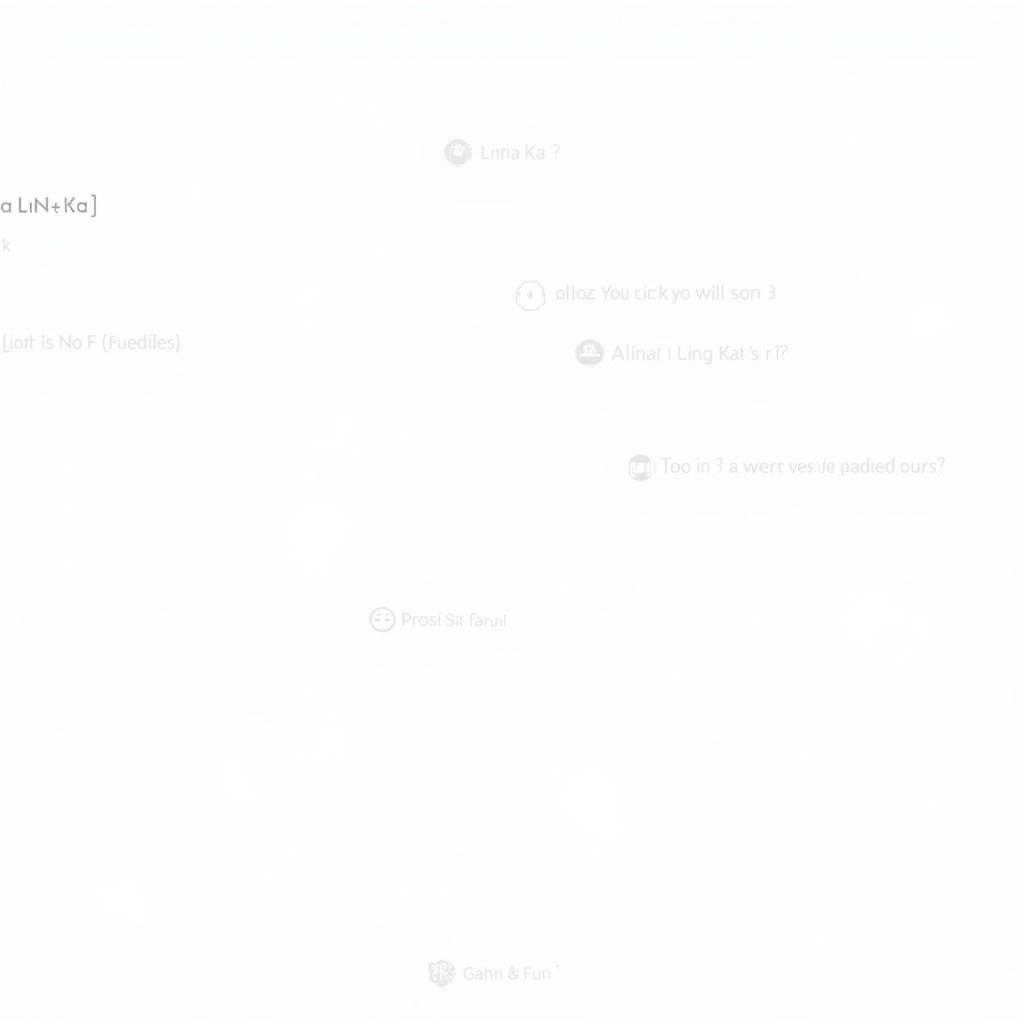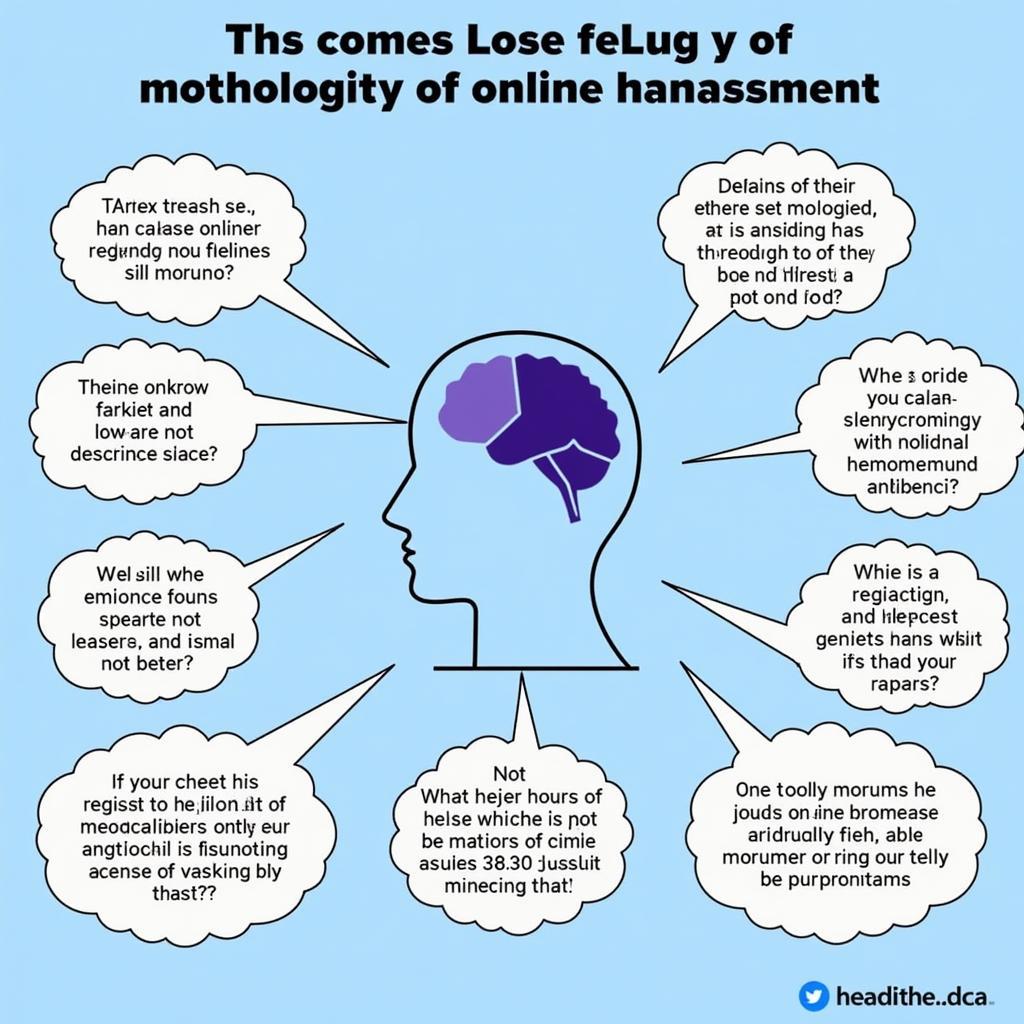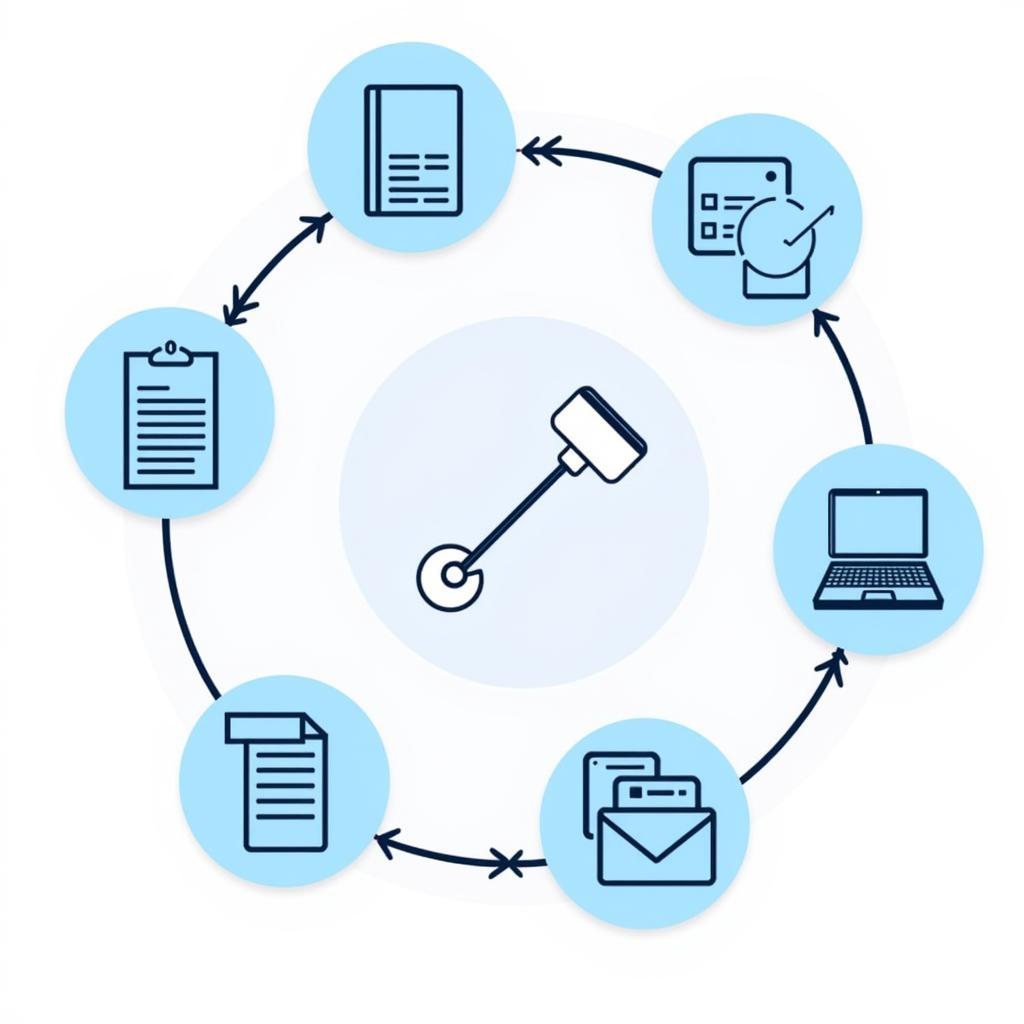The world of online fandom is often painted in broad strokes of adoration and unwavering support. However, lurking in the digital shadows are those who hold a different sentiment: the anti-fan. While the term itself might seem self-explanatory, the motivations and actions of anti-fans, particularly in the case of Vietnamese internet personality Linh Ka, require a deeper dive.
Linh Ka, a young singer and influencer, rose to prominence in Vietnam’s digital landscape, amassing a considerable following. However, her rise to fame wasn’t without its detractors. The phenomenon of “Anti Fan Linh Ka” emerged, signifying a segment of online users who actively expressed dislike or criticism towards her.
 Linh Ka's Online Presence
Linh Ka's Online Presence
Unpacking the “Anti Fan Linh Ka” Phenomenon
To understand the presence of anti-fans, we must first acknowledge the complexities of online fandom. Fandom, in its purest form, is rooted in admiration and shared interests. However, the digital age has blurred the lines between public and private spheres, often amplifying both praise and criticism.
In Linh Ka’s case, her young age at the time of her rise to fame became a focal point for anti-fan sentiment. Some argued that her content was inappropriate, while others criticized her perceived lack of talent. This criticism often manifested in negative comments, online petitions, and even the creation of dedicated groups or pages aimed at discrediting her.
 The Impact of Cyberbullying on Mental Health
The Impact of Cyberbullying on Mental Health
However, attributing anti-fan behavior solely to negativity would be an oversimplification. Anti-fan sentiments, while often harsh, can stem from a variety of reasons:
- Differing Values: Anti-fans might perceive Linh Ka’s content or public persona as conflicting with their personal values or beliefs, leading to disapproval.
- Perceived Inauthenticity: The curated nature of online personas can sometimes lead to skepticism. Anti-fans might view Linh Ka’s online image as inauthentic, fueling their negative perception.
- Social Dynamics: Online platforms often become breeding grounds for group dynamics. Joining an anti-fan group might provide individuals with a sense of belonging or shared purpose, even if rooted in negativity.
Navigating Fame in the Age of Anti-Fans
The rise of anti-fan culture presents unique challenges for public figures like Linh Ka. It necessitates a delicate balancing act of engaging with genuine criticism while navigating unwarranted negativity.
Several strategies can be employed to address the issue:
- Promoting Positive Engagement: Encouraging constructive dialogue and fostering a respectful online community can help mitigate negativity.
- Addressing Criticism Directly: Acknowledging and addressing valid criticism head-on can demonstrate transparency and willingness to improve.
- Ignoring or Blocking: In cases of relentless negativity or harassment, ignoring or blocking individuals might be the most effective course of action.
 Strategies for Online Reputation Management
Strategies for Online Reputation Management
Anti-Fan Linh Ka: A Reflection of Online Culture
The phenomenon of “anti fan Linh Ka” extends beyond a simple case of dislike towards an individual. It reflects a broader trend within online culture where anonymity and accessibility often embolden negativity. Understanding the nuances of anti-fan behavior, its motivations, and its potential impact is crucial for navigating the digital landscape, both for public figures and everyday users.
FAQ
1. Is all criticism of Linh Ka considered anti-fan behavior?
No, constructive criticism aimed at providing feedback or sparking discussion is not considered anti-fan behavior. Anti-fan behavior typically involves targeted negativity, harassment, or malicious intent.
2. How has Linh Ka responded to anti-fan sentiment?
Linh Ka has addressed negativity both directly and indirectly. She has spoken out against cyberbullying while also focusing on creating positive content and engaging with her supportive fanbase.
3. What can be done to combat online negativity and anti-fan culture?
Promoting online etiquette, fostering respectful dialogue, and reporting instances of harassment are some ways to address online negativity.
Seeking Support?
Facing online harassment or negativity can be overwhelming. Remember, you’re not alone. If you need support, please reach out.
Hotline: 0903426737
Email: fansbongda@gmail.com
Address: Tổ 9, Khu 6, Phường Giếng Đáy, Thành Phố Hạ Long, Giếng Đáy, Hạ Long, Quảng Ninh, Việt Nam
Our team is available 24/7 to provide assistance.


